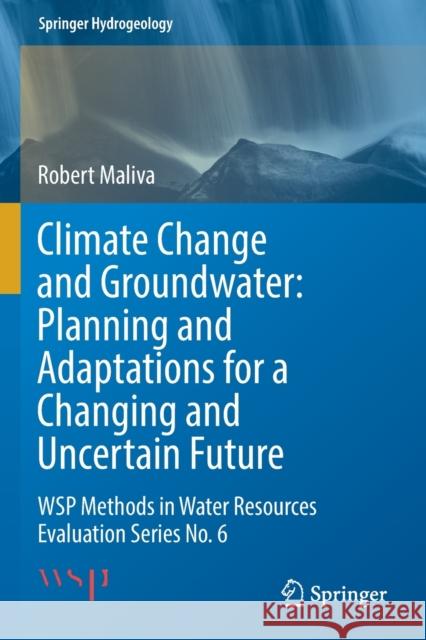Climate Change and Groundwater: Planning and Adaptations for a Changing and Uncertain Future: Wsp Methods in Water Resources Evaluation Series No. 6 » książka
topmenu
Climate Change and Groundwater: Planning and Adaptations for a Changing and Uncertain Future: Wsp Methods in Water Resources Evaluation Series No. 6
ISBN-13: 9783030668150 / Angielski / Miękka / 2022 / 368 str.
Climate Change and Groundwater: Planning and Adaptations for a Changing and Uncertain Future: Wsp Methods in Water Resources Evaluation Series No. 6
ISBN-13: 9783030668150 / Angielski / Miękka / 2022 / 368 str.
cena 341,34
(netto: 325,09 VAT: 5%)
Najniższa cena z 30 dni: 327,68
(netto: 325,09 VAT: 5%)
Najniższa cena z 30 dni: 327,68
Termin realizacji zamówienia:
ok. 22 dni roboczych
Dostawa w 2026 r.
ok. 22 dni roboczych
Dostawa w 2026 r.
Darmowa dostawa!
Kategorie:
Kategorie BISAC:
Wydawca:
Springer
Język:
Angielski
ISBN-13:
9783030668150
Rok wydania:
2022
Ilość stron:
368
Waga:
0.51 kg
Wymiary:
23.39 x 15.6 x 1.93
Oprawa:
Miękka
Wolumenów:
01
Dodatkowe informacje:
Wydanie ilustrowane











